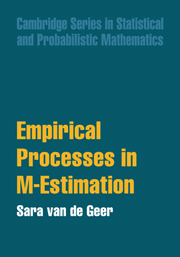2 - Eddington: The expositor and the exponent of general relativity
Published online by Cambridge University Press: 05 November 2011
Summary
My last lecture was devoted mostly to Eddington's contributions to theoretical astrophysics and to justifying Russell's assessment of him as the most distinguished representative of astrophysics of his time. In this lecture, I shall turn to Eddington as an expositor and an exponent of the general theory of relativity, to the part he played in the Greenwich-Cambridge expeditions to observe the solar eclipse of May 29, 1919 with the express purpose of verifying Einstein's prediction of the deflection of light by a gravitational field, and to his efforts, extending over sixteen years, in cosmology and – quoting his own description – in ‘unifying quantum theory and relativity theory’. But in contrast to my last lecture, I am afraid that this lecture will not altogether be a happy one.
I shall begin with the happier side.
After founding the principles of the special theory of relativity in 1905, Einstein's principal preoccupation in the ten following years was to bring the Newtonian theory of gravitation into conformity with those same principles and, in particular, with the requirement that no signal be propagated with a velocity exceeding that of light. After many false starts, Einstein achieved his goal in a spectacular series of short communications to the Berlin Academy of Sciences during the summer and the autumn of 1915. Because of the war, the news of Einstein's success would not have crossed the English Channel (not to mention the Atlantic Ocean) had it not been for the neutrality of the Netherlands and Einstein's personal friendship with Lorentz, Ehrenfest, and deSitter.
- Type
- Chapter
- Information
- EddingtonThe Most Distinguished Astrophysicist of his Time, pp. 22 - 59Publisher: Cambridge University PressPrint publication year: 1983



